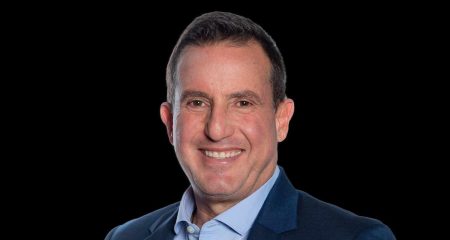 Rhulani Mathebula, Eskom’s acting general executive for generation, has resigned and will leave the state-owned utility at the end of this month.
Rhulani Mathebula, Eskom’s acting general executive for generation, has resigned and will leave the state-owned utility at the end of this month.
Chief operating officer Jan Oberholzer made the announcement at a media briefing on Tuesday, in which the company provided an update on the outlook for load shedding — and it’s not good.
Mathebula is the latest in a string of high-profile departures in recent months and is the second change to the generation position in almost six months following the departure earlier this year of Phillip Dukashe.
Mathebula told Oberholzer that the stress of the position had impacted his health, and he hadn’t been able to spend time with his family. The position is extremely demanding, Oberholzer said. He expressed disappointment, however, at losing another top executive in generation.
Thomas Conradie has been appointed as the new acting group executive for generation and will take the reins from 1 December.
Meanwhile, Eskom warned that prolonged (and potentially significantly worse) load shedding is expected in the next six to 12 months as the company completes significant capital projects and conducts repairs that will reduce the amount of available generation capacity.
Eskom said the projects and repairs will take more than 2.3GW of generating capacity from the system during this time.
‘Significant risk’
“Starting over the next few weeks, Eskom will embark on some major capital investment projects and major repairs that carry significant risk and that will serve to further increase the implementation of load shedding,” the company said in a statement.
The utility said that because of the high number of unplanned outages this year, it has been forced to burn millions of litres of additional diesel than planned due to its heavy reliance on its emergency open-cycle gas turbines.
TC|Daily | This start-up wants to save you from Eskom
Oberholzer said this was leading to cash-flow issues because the utility was spending significant sums on diesel while municipalities and government organisations still owe it billions.
Oberholzer added that in the next few months, there is a high probability of load shedding continuing. – © 2022 NewsCentral Media




